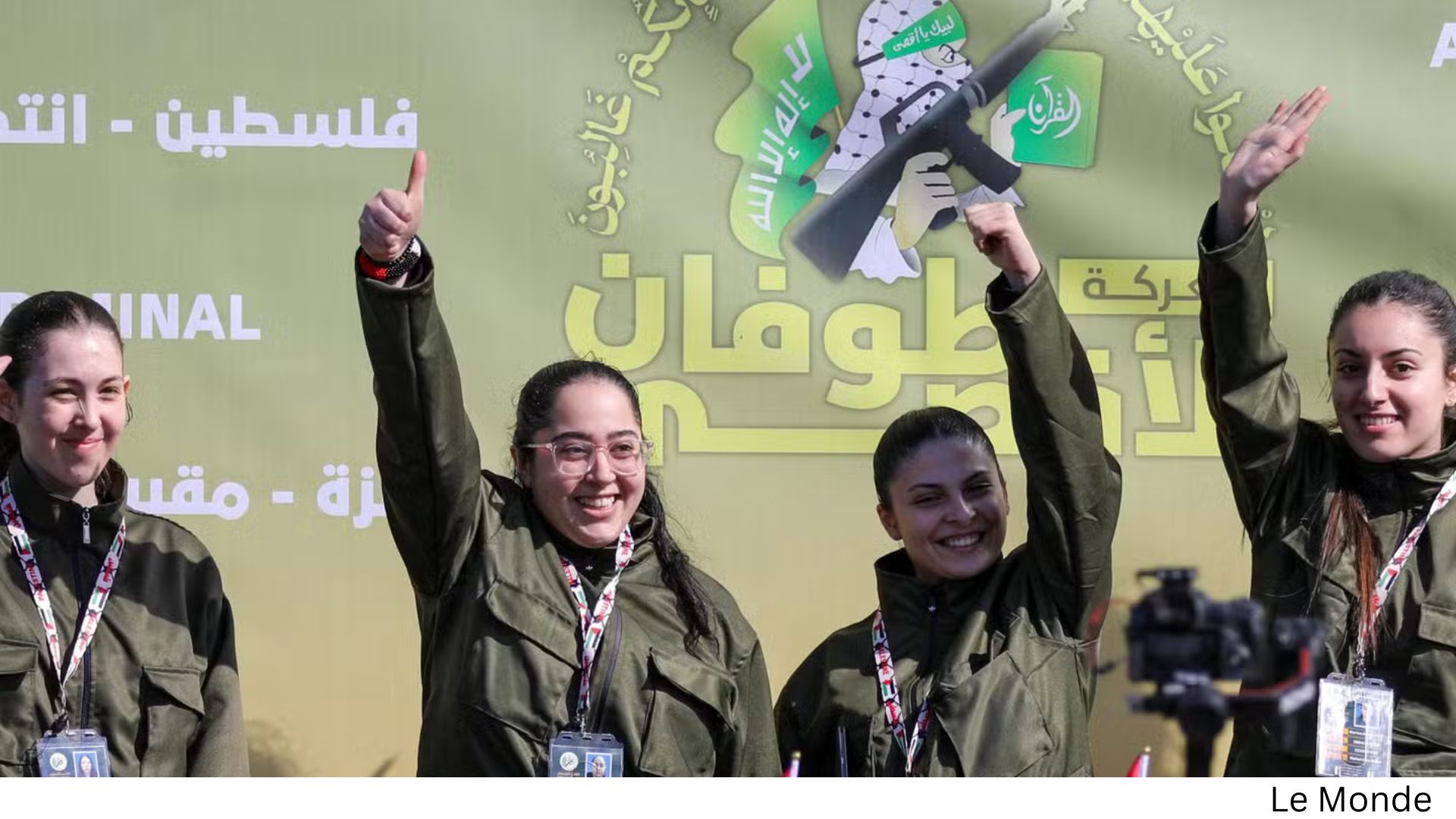Introduction
Herut Nimrodi, whose son Tamir Nimrodi — an Israeli soldier — has been held hostage in Gaza for nearly two years, shared mixed emotions following Hamas’ announcement that it is willing to release all Israeli hostages. While acknowledging the group’s statement, she emphasized that it is “too soon to celebrate,” citing past instances where Hamas had agreed to terms that Israel found unacceptable. Herut stressed that Israel should recognize this moment as a potential opportunity, but she also admitted lingering anxiety over her son’s fate.
Balancing Hope and Caution
For families like the Nimrodis, the announcement by Hamas is a complex mix of hope and uncertainty. The prospect of a hostage release naturally brings optimism, yet conditional agreements and historical precedents necessitate caution. Herut highlighted this duality:
“They’ve said in the past that they agree to something that’s unacceptable to Israel.”
This cautious approach reflects the emotional reality for families who have endured prolonged uncertainty and emphasizes the need for careful negotiation and verification before celebrations or relief.
Israel’s Role in Negotiations
Herut also underscored the responsibility of the Israeli government in this delicate situation. She urged the state to recognize the announcement as a potential opportunity, encouraging swift and strategic action to convert Hamas’ conditional agreement into a tangible outcome.
Israel’s role involves:
- Evaluating Terms Carefully: Ensuring that any agreement respects national security while meeting humanitarian goals.
- Coordinating with Mediators: Engaging with international partners, such as the United States, Egypt, and Qatar, to facilitate safe and structured negotiations.
- Prioritizing Hostage Safety: Implementing measures that maximize the likelihood of the hostages’ safe return while minimizing risks.
Herut’s comments highlight the delicate balance Israel must strike between political considerations and immediate humanitarian needs.
Ongoing Anxiety and Unanswered Questions
Despite the hopeful news, families continue to grapple with anxiety and uncertainty. Herut noted:
“I’m worried about the unanswered questions regarding his situation.”
This sentiment underscores the emotional toll of prolonged hostage situations, where even positive developments cannot immediately alleviate fear and stress. Families remain vigilant, awaiting clarity on logistical, security, and timing aspects of any planned release.
Hamas’ Conditional Statement
The cautious optimism stems from Hamas’ conditional stance. While the group expressed willingness to release hostages, it tied the action to specific conditions, including security arrangements and compliance with broader agreements involving prisoner exchanges or cease-fire measures.
Such conditional statements, while signaling potential progress, also require careful negotiation to ensure they do not introduce delays or complications. Families and negotiators alike must navigate these conditions to translate promises into actual outcomes.
Humanitarian and Diplomatic Implications
The announcement carries broader humanitarian significance. Safe return of hostages not only reunites families but also represents a critical step toward reducing civilian suffering in Gaza and Israel. Additionally, the announcement has diplomatic implications, signaling to regional and international mediators that engagement with Hamas can yield progress, albeit cautiously.
The role of mediators remains vital in ensuring:
- Safety of Hostages: Coordinating logistics and monitoring compliance.
- Verification of Commitments: Confirming that Hamas’ conditions are met and sustainable.
- Support for Israel and Hamas: Facilitating dialogue to prevent miscommunication or escalation.
The Emotional Landscape for Families
Herut Nimrodi’s reflections illuminate the emotional complexity families face: a combination of hope, caution, anxiety, and anticipation. The nearly two-year ordeal has created heightened sensitivity to announcements, underscoring why even seemingly positive developments are approached carefully.
This human perspective provides crucial context for understanding the broader geopolitical developments. Behind every diplomatic statement or negotiation, there are families living with uncertainty and hoping for tangible outcomes.
Conclusion
Herut Nimrodi’s reaction to Hamas’ willingness to release hostages highlights the delicate balance of hope and caution experienced by families in Gaza and Israel. While the announcement presents a potential breakthrough, lingering questions, conditional terms, and past experiences underscore the need for careful negotiation. Israel’s engagement, international mediation, and verification mechanisms will be essential to converting Hamas’ conditional commitment into the safe return of hostages, providing both relief and reassurance to families enduring prolonged uncertainty.
%20(4).png)




